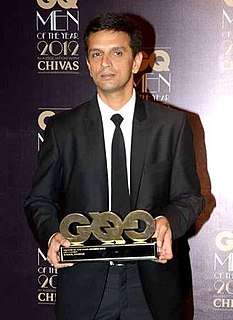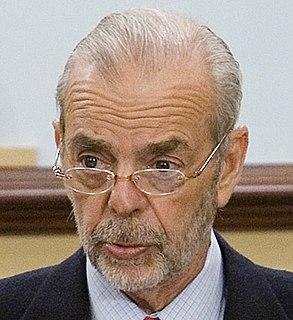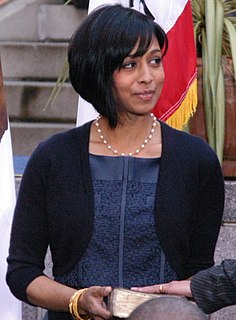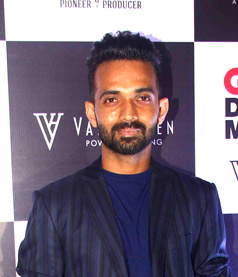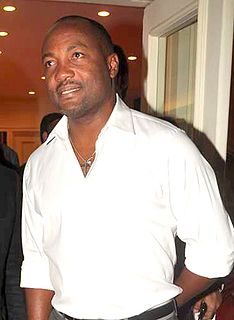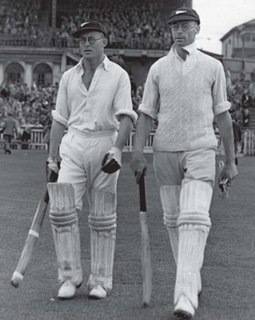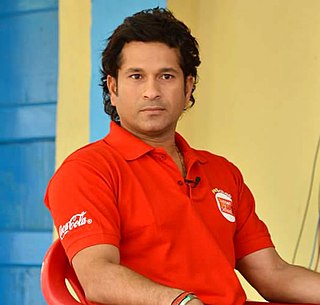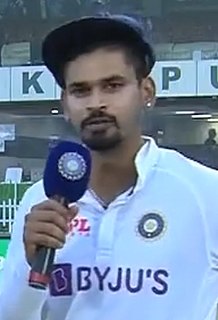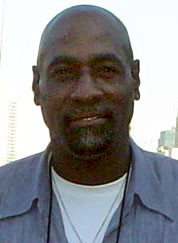A Quote by Rahul Dravid
I think credibility, irrespective of what you do, if you are in public life, then it is important.
Quote Topics
Related Quotes
I think polling is the best way of gauging public opinion - doing something that's independent, that's quantitative, that doesn't give just the loud voices about how things are going; or doesn't give so called experts the notion that they know what public opinion is. I think that's what makes public opinion polling pretty important. Qualitative assessments of public opinion; going out and talking to people and understanding the nuance to what's behind the numbers. I think it's awfully important as well.
In a Society becoming steadily more privatized with private homes, cars, computers, offices and shopping centers, the public component of our lives is disappearing. It is more and more important to make the cities inviting, so we can meet our fellow citizens face to face and experience directly through our senses. Public life in good quality public spaces is an important part of a democratic life and a full life.
The reason to go public is that it is a massive branding, marketing, credibility, trust-building exercise with your customers, and then it allows you to consolidate power and scale and market share. Do we want to be a huge company with a huge impact? If the answer to that is yes, the only way that that happens is by going public. It is effectively a branding event that catalyzes interest. It helps with recruiting, it helps with marketing, it helps with sales. It just helps on many dimensions. I think it's basically a litmus test for the CEO's ambition.
I've not been to Afghanistan or - but what people are clearly pointing to is that it becomes more difficult to have it. You could do it. I think weather is a factor. The most important factor though is credibility and legitimacy. What I wanted earlier to say is what I think Senator [John] Kerry is pointing to, which is important, is the strategic review on whether to send more troops is only one piece of the puzzle, important piece.
